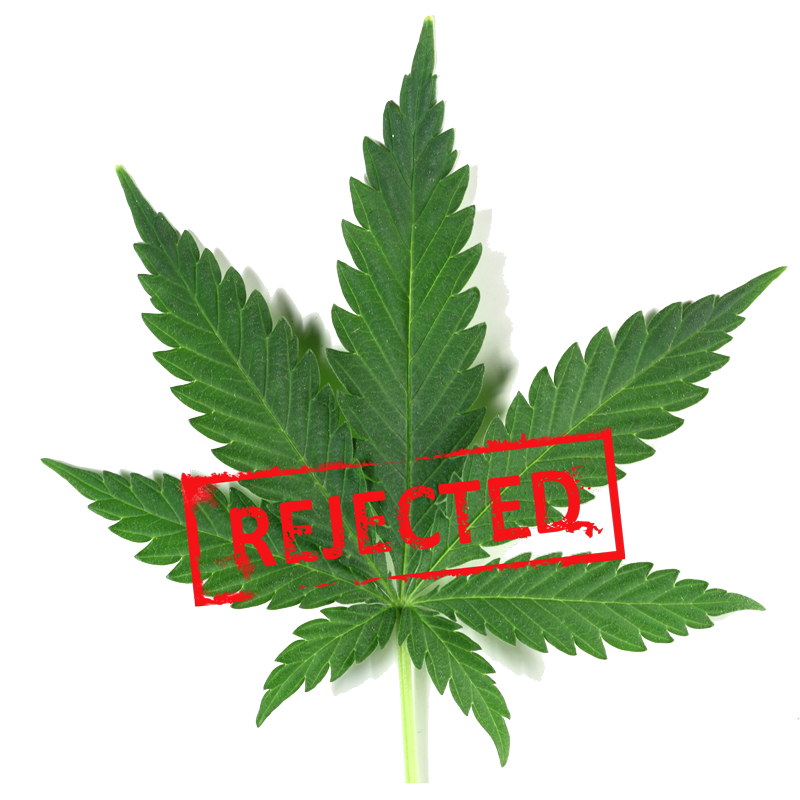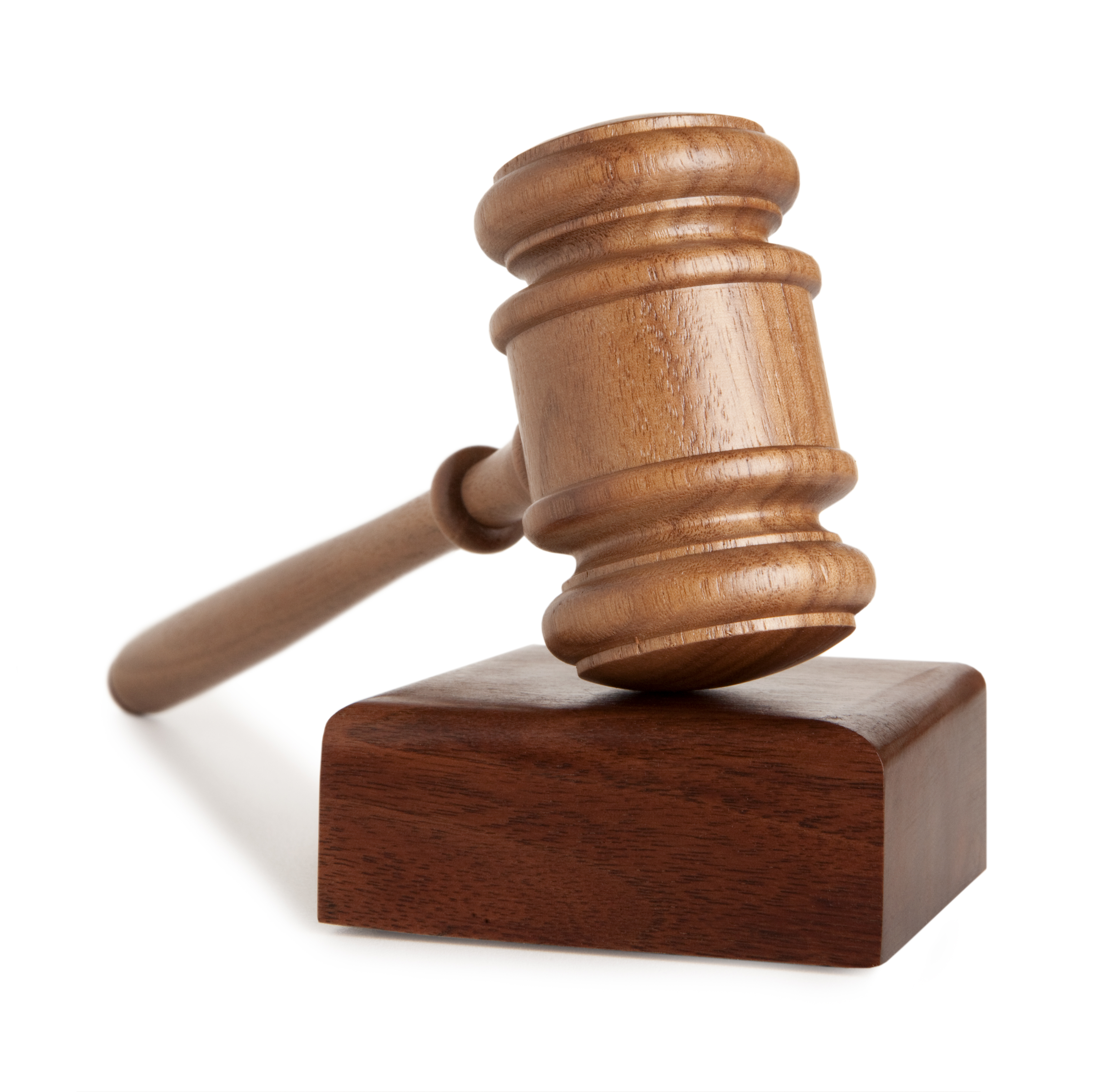Useful Patent
Useful Patent For Some Legitimate Purpose With the new marijuana laws coming out of California, Washington, and Colorado, there has been a significant amount of coverage about the innovations to the marijuana industry.[fusion_builder_container hundred_percent=”yes” overflow=”visible”][fusion_builder_row][fusion_builder_column type=”1_1″ background_position=”left top” background_color=”” border_size=”” border_color=”” border_style=”solid” spacing=”yes” background_image=”” background_repeat=”no-repeat” padding=”” margin_top=”0px” margin_bottom=”0px” class=”” id=”” animation_type=”” animation_speed=”0.3″ animation_direction=”left” hide_on_mobile=”no” center_content=”no” min_height=”none”][1] You might think that means lots of new patents and trademarks, but then you might have to think again as it relates to patents. Inventions are required under law to be “useful” in order to issue as a valid patent. If the invention claimed by the patent application can only be used for […]






